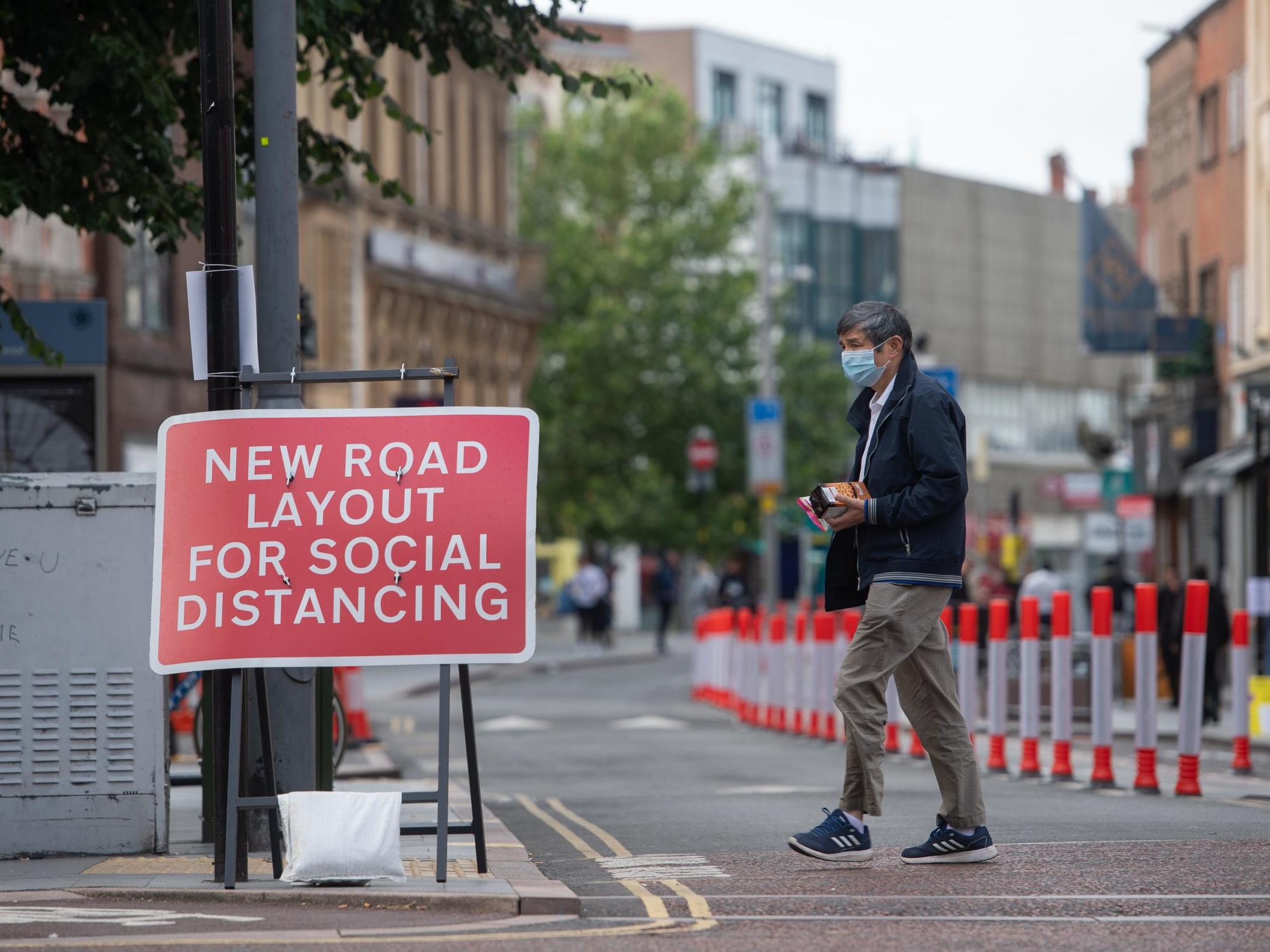Why the UK’s biggest coronavirus failure will be its lax implementation of quarantine
When books are written on how the UK dealt with the biggest public health threat for a century, writes Andrew Woodcock, there will be many chapters on our failure to use the best option available to us


Throughout the coronavirus crisis, one of the most baffling aspects of the government’s response has been its approach to quarantine.
Once the disease had established itself firmly in Britain, attempts to check or isolate people coming from abroad were ditched – apparently on the grounds that there were too many cases here for such measures to make a difference.
Then, when most of our European neighbours and places like China and New Zealand had reduced the pandemic to a fraction of its former scale, we suddenly slapped a 14-day period of self-isolation on anyone entering the country from overseas.
It seems unlikely to have offered much protection against Covid-19 anyway, as visitors are left to self-police their own personal lockdown, and no fines have been issued for breaches. Instead, all focus transferred onto how we were going to get rid of it again.
At one point, there was going to be a cross-Channel “national bubble” pact with France to allow holidays over the summer. Proposals for air bridges, under which the UK would agree bilateral deals to allow mutual travel with a select group of countries (which looked suspiciously like a roll call of the most popular summer holiday destinations) were floated too.
Delays and confusion were apparently caused by differences between the four nations of the UK on exactly which overseas travellers they were willing to have mingling with their citizens.
Nicola Sturgeon even suggested she could quarantine English people crossing into Scotland, prompting an apoplectic Boris Johnson to declare that “there is no such thing as a border between England and Scotland”.
His geographically challenged assertion was rendered all the more peculiar by the fact that he was at that very time imposing an effective quarantine on Leicester and barring travel across the rather more non-existent border around the Midlands city.
And all this time, states elsewhere in the world were looking on in puzzlement.
When the inquiries are conducted and books written on how the UK dealt with the biggest public health threat for a century, there will be many chapters on quarantine. Why was it discarded as a tactic when it could have been most help, only to be imposed when it was unlikely to be much use? Was there any plan behind it, or was it just a case of one of those things that are done to show that something is being done?
Yours,
Andrew Woodcock
Political editor
Join our commenting forum
Join thought-provoking conversations, follow other Independent readers and see their replies
Comments
Bookmark popover
Removed from bookmarks